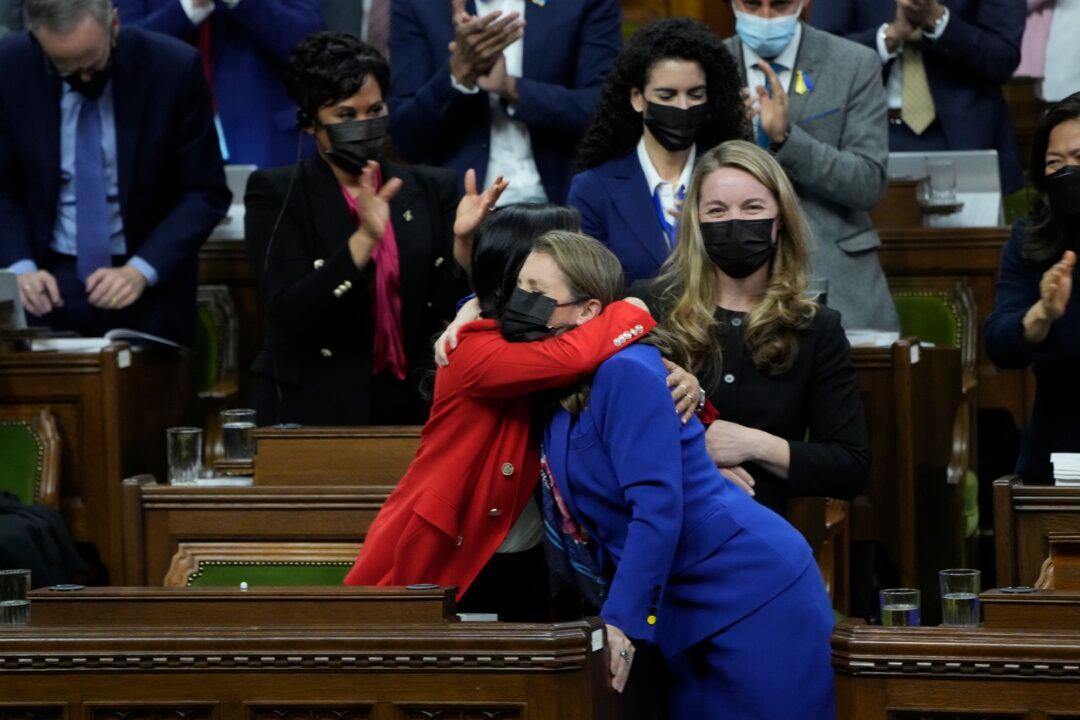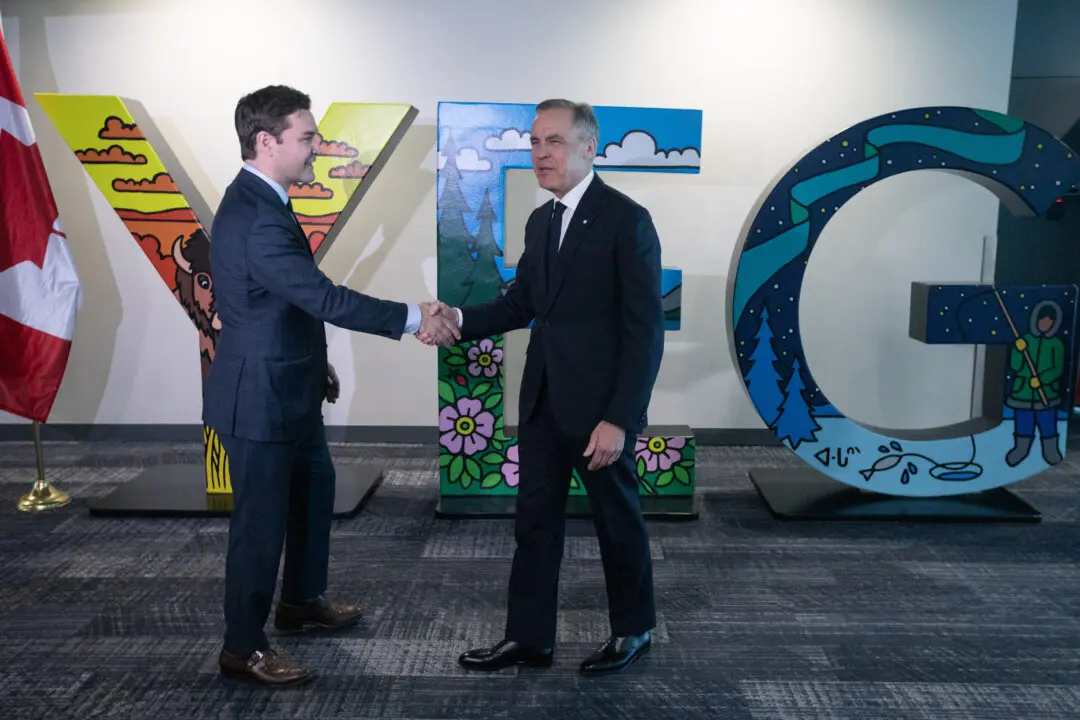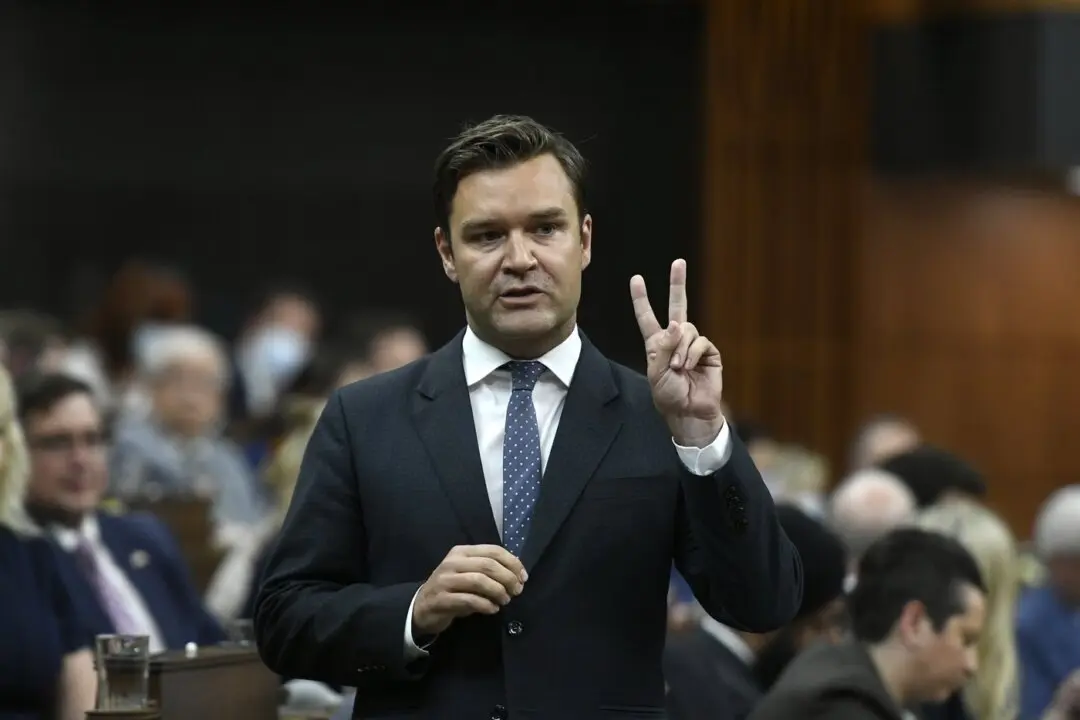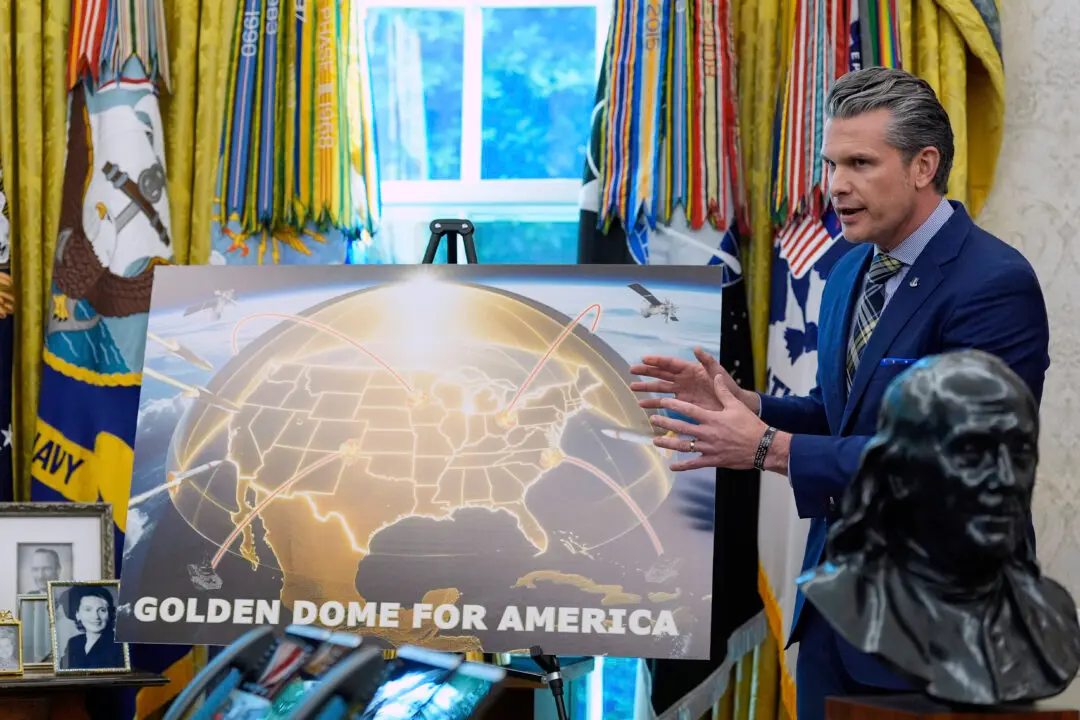The Liberal government presented its first budget in the new Parliament on Thursday. While staying in line with the Liberal platform, the budget has been nudged by Russia’s invasion of Ukraine, the inflation and housing affordability crisis, and the Liberals’ recent deal with the NDP.
The government’s spending is set at $452.3 billion with a deficit of $52.8 billion, with the debt to GDP ratio pegged at 45.1 percent.





